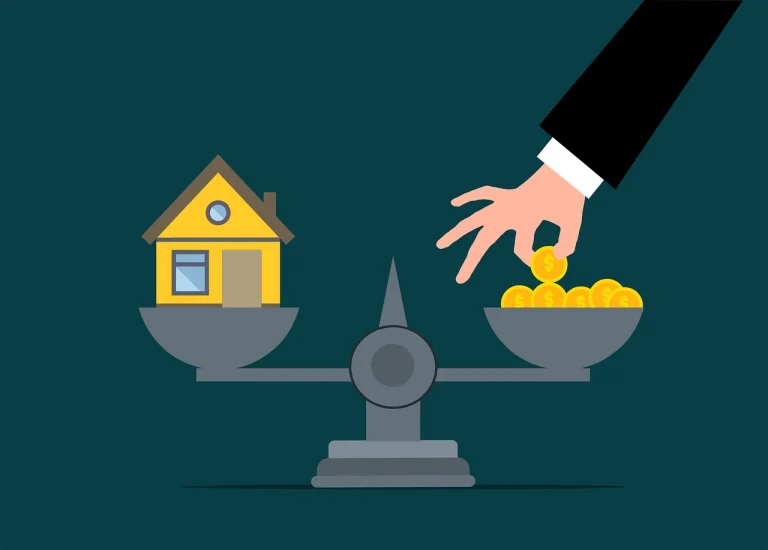What are typical profit margins for life insurance companies?
Life insurance companies typically operate on relatively modest profit margins compared to other industries. On average, life insurance companies maintain profit margins of around 3% to 5% of premium income, with an overall average of approximately 4.1%. These margins are actually the smallest among all insurance sectors, primarily because many policyholders opt for term life insurance without cash value components, which limits additional revenue streams. Life insurance companies measure their profitability using metrics like the combined ratio, which divides the sum of expenses and losses by premium income. A combined ratio below 100% indicates profitability, while above 100% means the company is losing money on underwriting operations. However, combined ratios don’t account for investment income, which is crucial to understanding the full financial picture. Even when claim payouts equal or exceed premium payments in a given year, insurers remain profitable through investment returns on the premiums they’ve collected and held. The modest margins reflect the highly competitive nature of the industry, regulatory requirements that mandate substantial reserves, and the long-term nature of life insurance contracts. Companies compensate for these thin margins through large-scale operations, efficient risk management, strategic investments, and reinsurance agreements that help spread risk across multiple entities. Understanding these profit margins helps explain why insurers are so careful in their underwriting processes and why they invest premiums so conservatively – they need consistent, reliable returns to fulfill their long-term obligations to policyholders.





